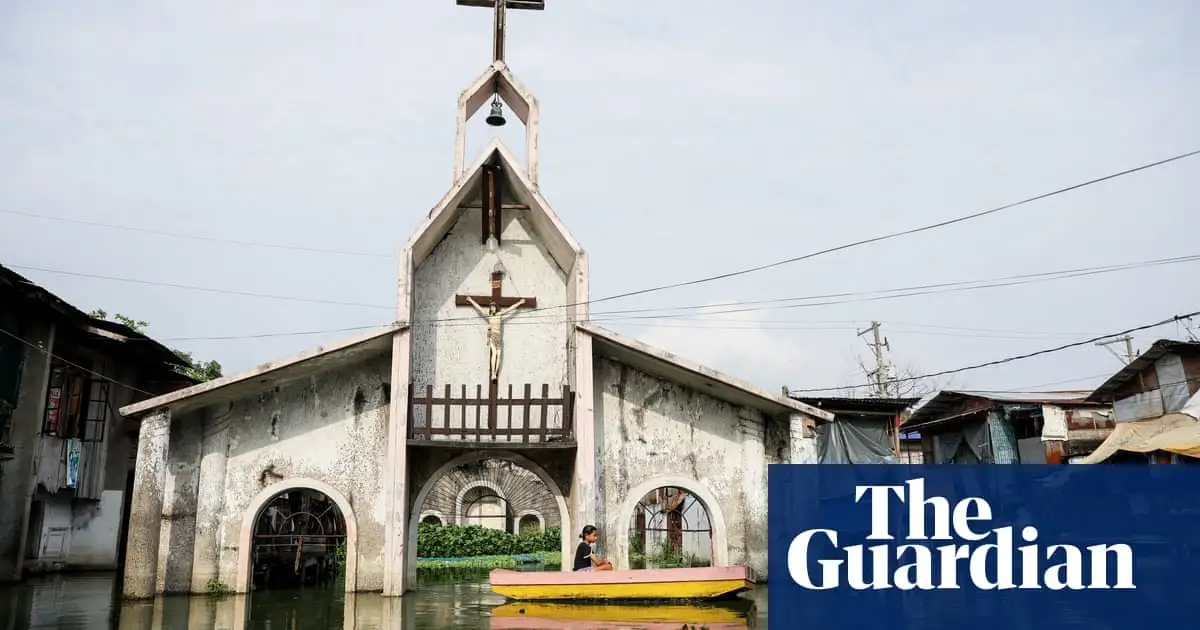It has been another catastrophic climate year: record-breaking wildfires across Canada scorched an area the size North Dakota, unprecedented rainfall in Libya left thousands dead and displaced, while heat deaths surged in Arizona and severe drought in the Amazon is threatening Indigenous communities and ecosystems.
The science is clear: we must phase out fossil fuels – fast. But time is running out, and as the climate crisis, biodiversity loss and environmental degradation worsen, there is mounting recognition that our political and industry leaders are failing us.
If the science isn’t enough, what role could – or should – faith leaders play in tackling the climate crisis? After all, it is also a spiritual and moral crisis that threatens God’s creation, according to many religious teachings.
Globally, 6 billion people – about 80% of the world’s population – identify with a faith or religion, while half of all schools and 40% of health facilities in some countries are owned or operated by faith groups. In addition, faith-related institutions own almost 8% of the total habitable land surface – and constitute the world’s third largest group of financial investors.



Definitely. We may think it’s useless, but that doesn’t make it not worth the try.